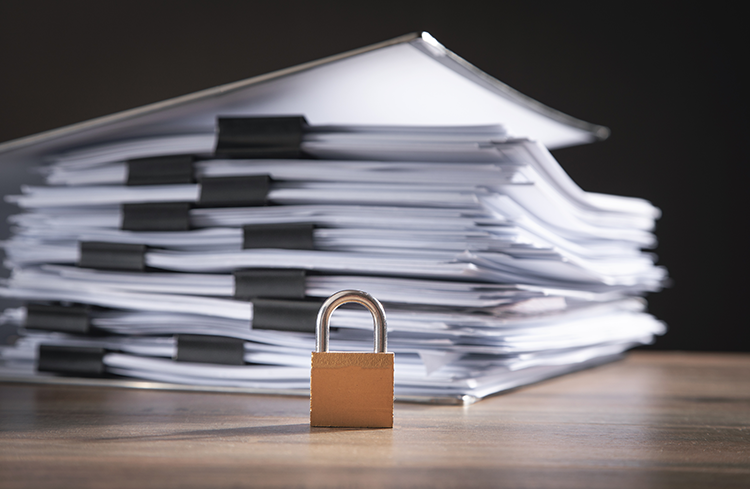Both Dakotas consider widely different public service options to bar exam, law school

In efforts to ease the shortage of lawyers in rural areas, North and South Dakota are each considering public service options that impact bar admission, though each offers very different requirements—including whether going to law school is necessary. (Image from Shutterstock)
In efforts to ease the shortage of lawyers in rural areas, North and South Dakota are each considering public service options that impact bar admission, though each offers very different requirements—including whether going to law school is necessary.
In South Dakota’s planned five-year pilot program, law students could perform 500 hours of supervised public service as an alternative to taking the bar exam. Meanwhile, in North Dakota, legislation introduced Jan. 22 proposes an apprentice program that could allow some to take the bar exam without having attended law school—or even attaining an undergraduate degree in some cases.
Both moves aim to ease the growing problem of access to justice, especially in rural areas. According to the ABA, the national average is four lawyers per 1,000 residents, while in North Dakota, it’s 2.12 and in South Dakota 2.22.
South Dakota
Under the Jan. 10 South Dakota Supreme Court order, up to 10 students from the University of South Dakota School of Law could serve 500 hours of public service as their fifth semester of law school. A student would develop a portfolio of work that the examiners would review for minimum competence. The student also would receive academic credit.
“We landed on fifth semester because we wanted a student who didn’t successfully complete—not passing or leaving the position—to have the option of going back to the traditional bar exam,” says Neil Fulton, dean of the state’s only law school.
Students from the program would still need to pass the Multistate Professional Responsibility Examination and the character and fitness exam, but they would be sworn in right after graduation.
The plan differs from Oregon’s popular Supervised Practice Portfolio Examination, which allows law school graduates to complete 675 hours of work under the supervision of an experienced attorney and create a portfolio of legal work in lieu of the bar exam.
About 30 of South Dakota’s 253 law students attended an informational session about the proposed new program on Jan. 23, Fulton says.
“The South Dakota pathway seems rightly focused on addressing the widening access-to-justice crisis while also ensuring that the traditional bar exam remains an option for those who seek a portable score,” says Brian Gallini, who served on that state bar’s Alternatives to the Exam Task Force. “Creating multiple pathways to licensure in an effort to strengthen access to justice should be the future of attorney licensure reform.”
North Dakota
In neighboring North Dakota, House Bill 1609 focuses on pathways to taking the bar exam itself. Its novel apprentice program would require students to have only a four-year degree—and not a law degree— plus 2,000 hours of supervised training over five years as qualifications to sit for the bar exam. In addition, the bill would allow any state lawmaker to qualify for the bar exam with no undergraduate degree or apprenticeship necessary.
“The North Dakota pathway for legislators is unique. Definitely haven’t heard of that one before,” says Deborah Jones Merritt, professor emerita at Ohio State University Moritz College of Law.
“The bill in North Dakota takes a different approach from those seen in other jurisdictions,” Judith Gundersen, president of the National Conference of Bar Examiners, wrote to the ABA Journal, “although a handful of states do permit law office study as an alternative to a JD for bar exam applicants in limited circumstances.”
Merritt, who consults several states on bar reform, noted similarities to California’s law office study programs, which “aren’t very successful at producing attorneys: Very few of those candidates pass the bar exam.”
Gallini, now dean at Quinnipiac School of Law, says the approach “seems to raise the question of not just the value of law school but of ABA accreditation. That process ensures that law schools meet specific standards around admissions, curriculum and faculty qualifications. It’s hard for me to imagine employers hiring someone to become a lawyer who did not go to law school.”
In 2023, North Dakota admitted 44 people by bar exam, and South Dakota admitted 60, according to the NCBE. Both states have adopted the NextGen Bar Exam, due to launch in some jurisdictions in July 2026.
Write a letter to the editor, share a story tip or update, or report an error.


